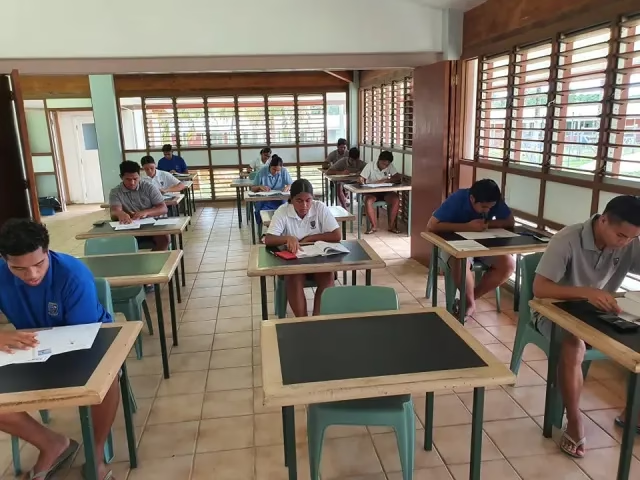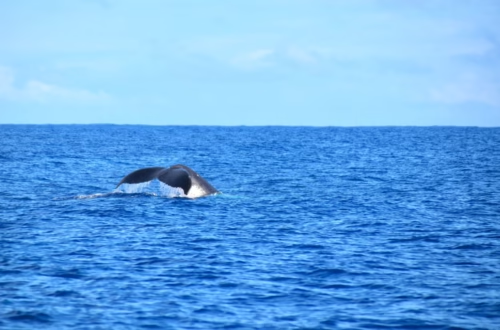
Studying in Niue: Education in a Pacific Island Paradise Here
Introduction to Education in Niue
Niue, a small coral island in the South Pacific, is not only a tropical haven but also a place where education holds a central role in national development. While it may not be the first location that comes to mind for international study, studying in Niue offers a distinctive experience combining cultural heritage, community-based learning, and a safe, natural environment. With a strong educational connection to New Zealand, education in Niue equips students with globally recognized qualifications and a deep sense of local identity.

The Structure of the Education System in Niue
The education system in Niue is modeled on New Zealand’s curriculum, ensuring high standards and a smooth transition for students who pursue further studies abroad. Education is free and compulsory between the ages of 5 and 16, and is delivered across three main stages:
- Early Childhood Education (ECE): Focuses on foundational development through play-based learning.
- Primary Education: Delivered at Niue Primary School in Alofi, where students learn core subjects including literacy, numeracy, science, Niuean culture, and health.
- Secondary Education: Provided at Niue High School, which offers a broader range of subjects such as English, mathematics, sciences, arts, and physical education.
Class sizes are small, often fewer than 15 students per class, allowing for personalized attention and strong student-teacher relationships. Both Niue Primary School and Niue High School emphasize bilingual education in English and Niuean to preserve cultural identity while preparing students for global opportunities.

Teaching Environment and Resources
Teachers in Niue often receive training and curriculum support from New Zealand’s Ministry of Education. Digital tools and educational technologies are being gradually introduced to enhance the classroom experience. While resource limitations do exist due to the island’s remote location, the close-knit community compensates with strong parental involvement and a collective commitment to student success.
Students in Niue are not only taught academic subjects but are also encouraged to participate in traditional practices, environmental education, and community service, reinforcing a sense of responsibility and belonging.
Pathways to Higher Education
Although Niue does not have a university, many students go on to pursue higher education in New Zealand, Australia, and other countries. The Niue government, in partnership with New Zealand, provides scholarships and financial assistance to support Niuean students studying abroad.
For many, studying in Niue serves as a strong foundation for academic success overseas. Students leave the island with internationally aligned qualifications, bilingual skills, and a unique life perspective that distinguishes them in diverse educational environments.
Advantages of Studying in Niue
There are several compelling benefits to education in Niue:
- Cultural Integration: Education is deeply rooted in Niuean values and traditions, giving students a strong cultural foundation alongside academic development.
- Personalized Learning: The small size of schools allows teachers to tailor instruction to each student’s needs.
- Safe and Supportive Environment: The island’s low crime rate and strong community ties make it an ideal location for raising and educating children.
- Global Academic Links: The use of New Zealand’s curriculum ensures Niue students are well-prepared for international education systems.
Challenges and Future Development
Despite its strengths, Niue’s education system faces ongoing challenges. These include a limited number of qualified teachers, restricted access to modern technology and resources, and the migration of young people to New Zealand for further education and employment.
To address these challenges, the government is working with international partners to:
- Invest in digital infrastructure to expand e-learning opportunities.
- Provide professional development for teachers.
- Upgrade educational facilities.
- Develop vocational and life-skills training programs suited to the local economy.
Conclusion
Studying in Niue offers more than just academic growth—it’s a holistic experience that connects learners to their roots while preparing them for global futures. Whether you’re a local student or someone interested in learning about Pacific Island education, education in Niue provides a meaningful, community-focused, and culturally enriching path.
As the island continues to invest in its youth and their future, Niue’s schools remain central to its vision for sustainable development and cultural preservation.e that shapes confident and globally-minded students.




